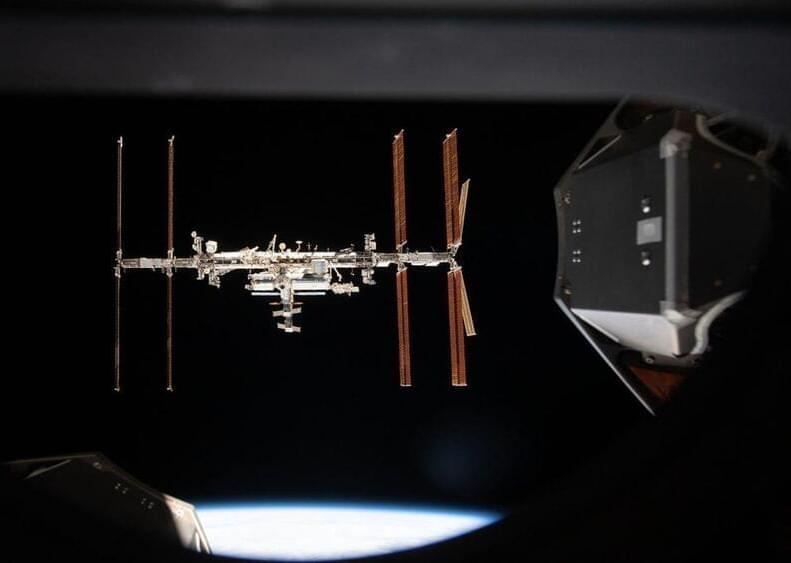CHARLESTON, W.Va. (AP) — An entire county school system in coal-producing West Virginia is going solar, representing what a developer and U.S. Sen. Joe Manchin’s office touted on Wednesday as the biggest-ever single demonstration of sun-powered renewable electricity in Appalachian public schools.
The agreement between Wayne County Schools and West Virginian solar installer and developer Solar Holler builds on historic investments in coal communities made possible by the Inflation Reduction Act, which Democratic Sen. Manchin had a major role in shaping as chairman of the Senate Energy and Natural Resources Committee.
Manchin, who announced this month that he wouldn’t run for reelection in the deep-red state, citing an increasingly polarized political system, was quick Wednesday to tout U.S. President Joe Biden’s 2022 landmark climate, health and tax law, which placed special emphasis on creating new clean energy jobs.






